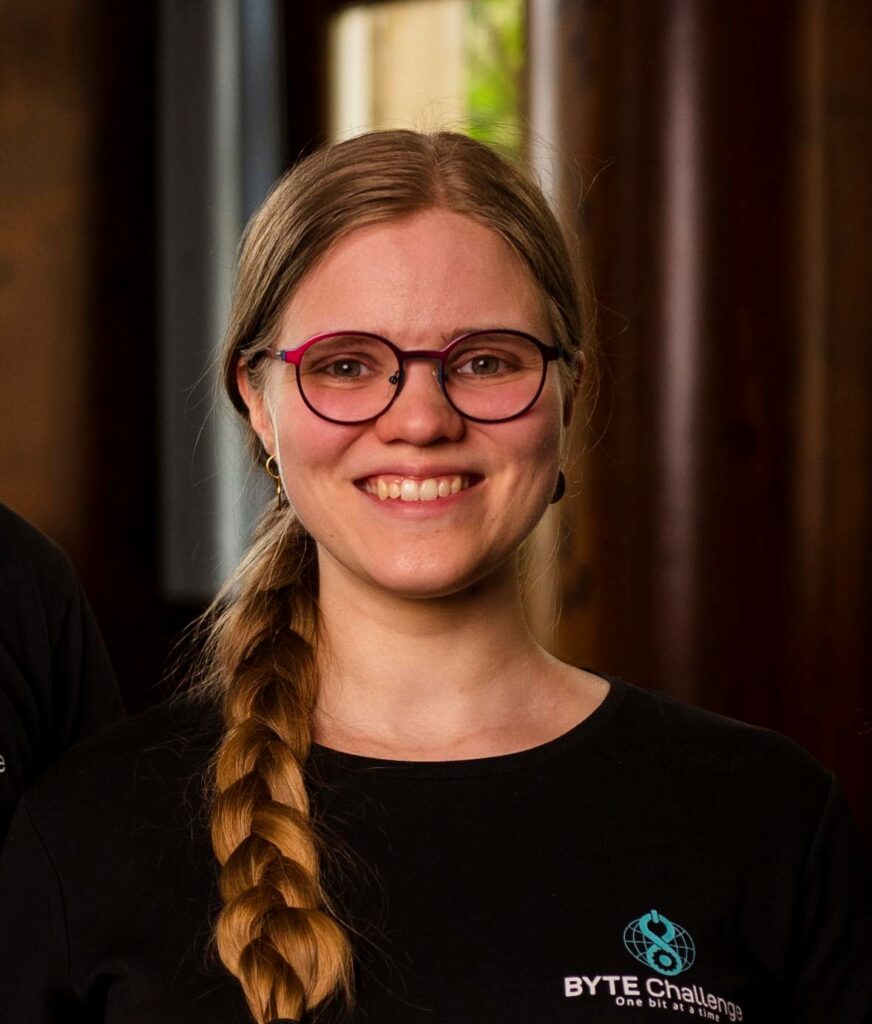Opening Keynote
Immersive Competence and Immersive Literacy: Designing for Accessibility and Engagement in Mixed Reality
While immersive experiences mediated through near-eye displays are still a relatively immature medium, there are millions of consumer devices in use. However most members of the general public will have very little experience with such devices. This poses a number of challenges to experimenters and designers. Increasingly in our own experiments we need to model the user level of experience as this can dramatically affect user response. Designers of consumer experiences need to deal with users having vastly different levels of expertise. We will explore this using terms we have coined recently: immersive competence and immersive literacy. We illustrate competency and literacy by reference to some of our own recent work on user responses in mixed reality. We will then suggest elements of a research agenda that can develop a better understanding of design for supporting user engagement and broader accessibility in the mixed reality area.

University College London
Anthony Steed is Head of the Virtual Environments and Computer Graphics group in the Department of Computer Science at University College London. He has over 25 years’ experience in developing virtual reality and other forms of novel user interface. He has long been interested in creating effective immersive experiences. While his early work focussed on the engineering of displays and software, more recently it has focussed on user engagement in collaborative and telepresent scenarios. He received the IEEE VGTC’s 2016 Virtual Reality Technical Achievement Award. Recently he was a Visiting Researcher at Microsoft Research, Redmond and an Erskine Fellow at the Human Interface Technology Laboratory in Christchurch, New Zealand.
UP Keynote
Teammanagement-Highlights: Erfolgreiche Zusammenarbeit bei der BYTE Challenge
Diese Keynote präsentiert die erprobten Strategien und Techniken des Teammanagements, die während der BYTE Challenge – einer Lernplattform der Gesellschaft für Informatik e.V. für Schüler:innen und Schulklassen – erfolgreich angewendet wurden. Erwarten Sie praxisnahe Einblicke in effektive Kommunikation, Zeitmanagement, Konfliktbewältigung, Resilienz, Work-Life-Balance und die Bedeutung mentaler Gesundheit für leistungsstarke, agile Teams. Die Zuhörer werden wertvolle Lektionen für ihre persönliche und berufliche Entwicklung mitnehmen und lernen, wie sie die Erfahrungen der BYTE Challenge für eine erfolgreiche Teamführung anwenden können.

Mitbegründerin der BYTE Challenge
Carolin Neumann ist Co-Founder of BYTE Challenge und Associate Application DevOps Consultant at IBM. Carolin Neumann ist 26 Jahre alt, Mutter von Zwillingen, Mitbegründerin der BYTE Challenge, IBM-Beraterin, Informatikerin, leidenschaftliche Bäckerin und Halbmarathonläuferin. Ihre Mission ist es, Frauen in der Technikbranche zu stärken, die nächste Generation von Informatikern zu inspirieren und durch Bildung und Technologie eine gerechtere Welt zu schaffen. In ihrem Vollzeitjob arbeitet sie als Beraterin bei IBM und engagiert sich nebenbei ehrenamtlich für unsere Gesellschaft. Ihr ehrenamtliches Engagement bei der Gesellschaft für Informatik e.V. und der von ihr mitgegründeten Bildungsplattform BYTE Challenge ermöglicht Tausenden von Schüler:innen weltweit kostenlosen Zugang zu spannenden Technik- und Informatikthemen wie KI, Blockchain oder Smart Homes. Für ihr Engagement hat sie bereits mehrere Auszeichnungen erhalten, wie zum Beispiel den Global Shero und eine Einladung zum Bürgerfest des Bundespräsidenten.
Closing Keynote
Enhancing and Supporting Human Conversation through Analytic and Generative AI
Effective communication is vital to human interactions. It enables individuals to express themselves, build relationships with others, and participate in society. Advances in analytic and generative AI hold great potential for improving communication by enhancing individuals‘ perceptual and expressive capabilities. My talk will address the advances and applications of conversation-enhancing technologies, focusing on their potential benefits for people with various communication challenges. Applications developed in collaboration with and for users include signing avatars for the hearing impaired, more expressive voices for AAC (Augmentative and Alternative Communication) device users, and mixed reality environments that promote motor training for children with autism. In my talk, I will discuss how the use of analytic and generative AI can bridge communication barriers, promote authentic and personalized expression, and support social inclusion. In addition to analyzing the potential of these technologies to support users with different communication abilities, I will address the challenges of an empathic design process to identify and address the specific needs of target audiences while avoiding reinforcing stereotypes.

University of Augsburg
Elisabeth André is a full professor of Computer Science and Founding Chair of Human-Centered Artificial Intelligence at Augsburg University in Germany. Elisabeth André has a long track record in multimodal human-machine interaction, embodied conversational agents, social robotics, affective computing and social signal processing. Her work has won many awards including the Gottfried Wilhelm Leibnitz Prize 2021 of the German Research Foundation and the 2021 Sustained Accomplishment Award of the ACM International Conference on Multimodal Interaction (ICMI). In 2010, Elisabeth André was elected a member of the prestigious Academy of Europe, and the German Academy of Sciences Leopoldina. In 2017, she was elected to the CHI Academy, an honorary group of leaders in the field of Human-Computer Interaction. To honor her achievements in bringing Artificial Intelligence techniques to Human-Computer Interaction, she was awarded a EurAI fellowship (European Association for Artificial Intelligence) in 2013. In 2019, she was named one of the 10 most influential figures in the history of AI in Germany by National Society for Informatics (GI). From 2019 to 2022, she was serving as the Editor-in-Chief of IEEE Transactions on Affective Computing.
